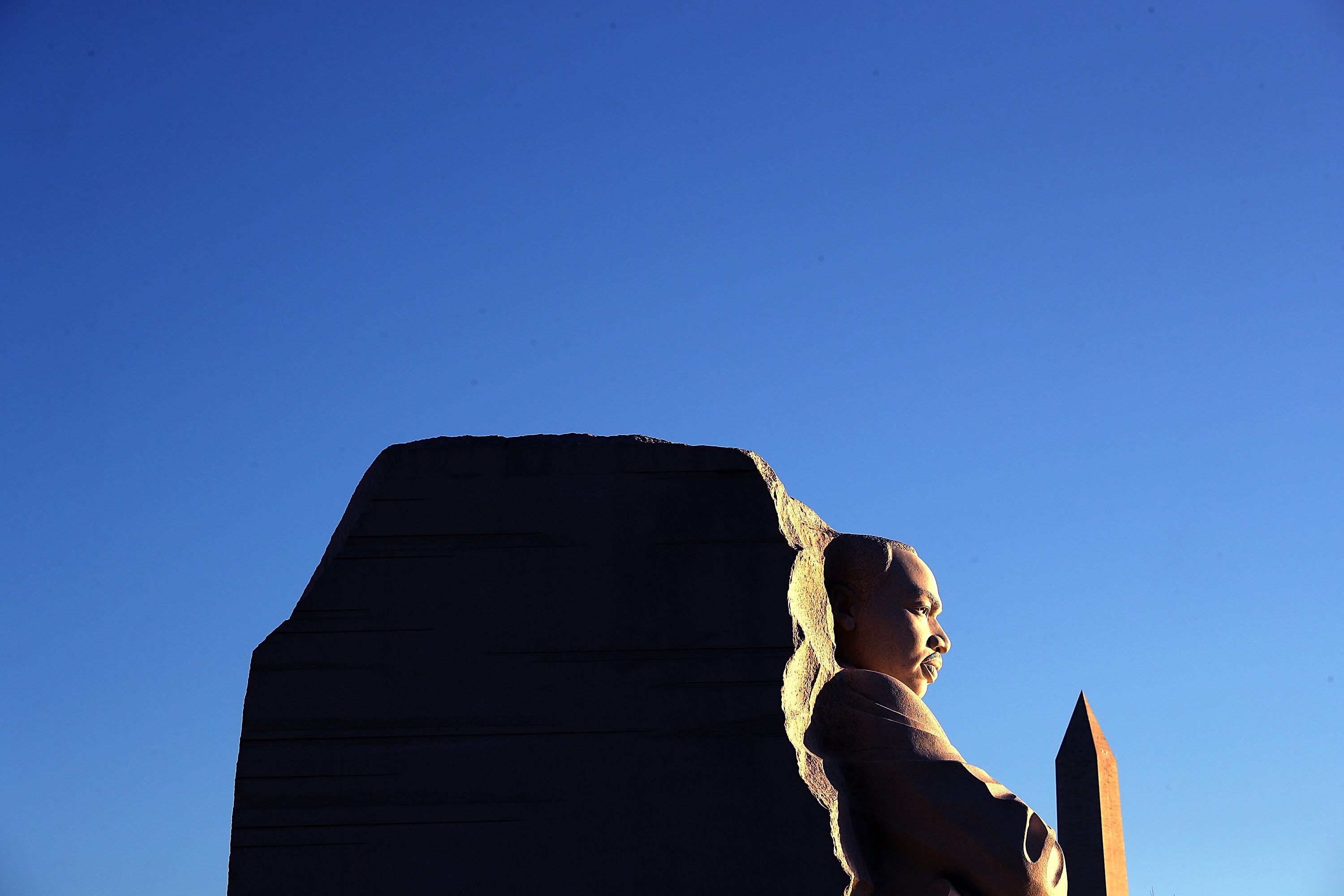The Birthday of Martin Luther King Jr. holiday honors the civil rights leader’s contributions to racial justice and ending violent discrimination against Black people during the 1950s and 1960s.
Dr. King is well known for his founding of the Southern Christian Leadership Conference in 1957 and his 1963 March on Washington, cementing his role as one of the most outspoken and famous desegregationist leaders of the Civil Rights era.
His “I Have a Dream” speech delivered on Aug. 28, 1963, at the Lincoln Memorial in Washington, in which Dr. King called for an end to racism, is widely considered one of the greatest speeches in American history.
Dr. King went on to receive the Nobel Peace Prize in 1964 as one of the youngest recipients at the time. Four years later, he was assassinated on the balcony of the Lorraine Motel at the age of 39 in Memphis, Tennessee.
Within a week after Dr. King’s death there were calls to declare a holiday in his name. Rep. John Conyers, who died in 2019 after becoming one of the longest-serving members of Congress, pushed for legislation to make King’s birthday a holiday just four days after the assassination.
It would take nearly a decade for the federal holiday to get a vote in the House of Representatives. In the meantime, during the 1970s, a number of cities and states moved to commemorate his birthday as a holiday.
Eventually, President Ronald Reagan signed the bill in 1983 and the first federally recognized MLK Day was celebrated in 1986. All 50 states had made it a state government holiday by 2000.
Each year, the nation celebrates the late Baptist minister’s birthday on the third Monday of the first month of the new year. The holiday is observed in communities across the country with educational events, speeches, marches, volunteer drives and cultural tributes to Dr. King’s legacy. In 1994, Congress designated the holiday as a day of service, calling it a “day on, not a day off.”
This year, the 28th officially recognized MLK Day will be observed on Jan. 16, which means federal employees will receive the day off from work and government offices will be closed.
There are 12 federal holidays: New Year’s Day, Martin Luther King Jr. Day, Inauguration Day, George Washington’s birthday, Memorial Day, Juneteenth, Independence Day, Labor Day, Columbus Day, Veterans Day, Thanksgiving Day and Christmas Day.
Molly Weisner is a staff reporter for Federal Times where she covers labor, policy and contracting pertaining to the government workforce. She made previous stops at USA Today and McClatchy as a digital producer, and worked at The New York Times as a copy editor. Molly majored in journalism at the University of North Carolina at Chapel Hill.



